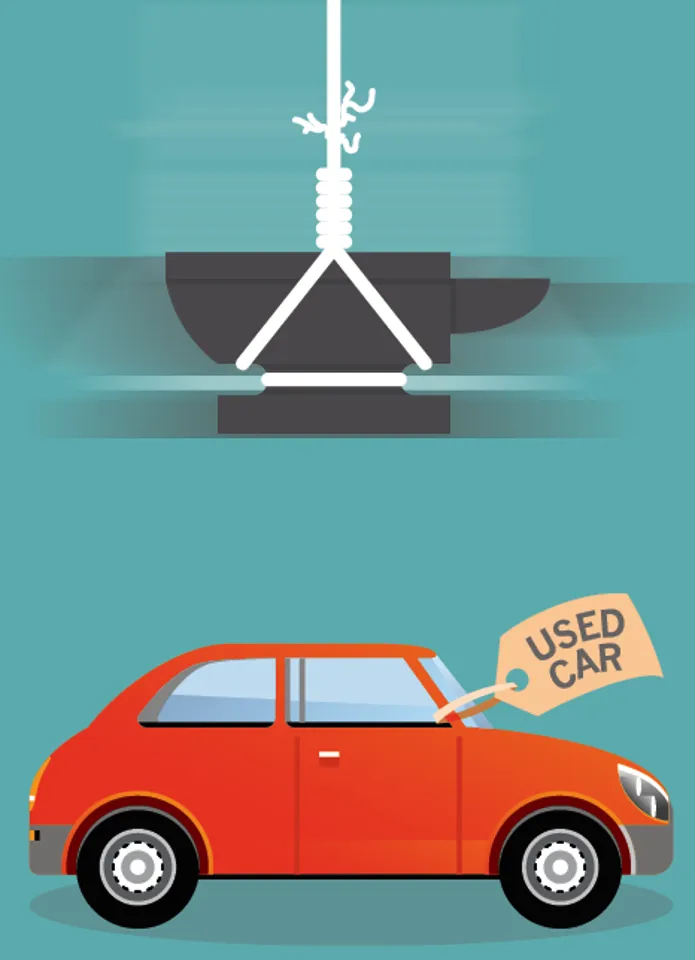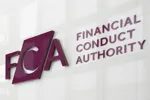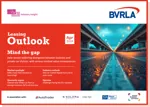Earlier this month, David Cameron, the Prime Minister, warned that “red warning lights are once again flashing on the dashboard of the global economy”, six years on from the economic crash that forced severe cost-cutting measures and stock write-downs on franchised dealers.
In an article in The Guardian newspaper, Cameron said: “The eurozone is teetering on the brink of a possible third recession, with high unemployment, falling growth and the real risk of falling prices too.”
So should UK franchised dealers be on standby to act? The economic crash of 2007/08 threw used car values into turmoil, with some dealer groups writing down premium SUVs and prestige saloons by more than £1,000 a month as worried consumers either stopped buying or bought the cars they could run most affordably.
There is some uncertainty ahead in 2015, with a general election in April and interest rate rises predicted if the UK’s economy remains resilient. However, the used car market experts AM has contacted believe any drama in the used car market is farther away on the horizon.
Data from the National Association of Motor Auctions (NAMA) shows that the growth in average used car values enjoyed over the past two years has slowed since July and is now almost at a standstill. Nevertheless, the average value of used cars in September 2014 was 13% ahead of September 2012, despite a 30% increase in sales volume. Robert Hester, editor of Black Book Plus at automotive intelligence firm CAP, said the used car market in 2014 has been very steady, and looking at 2012 and 2013 the markets were very similar. Hester believes there is no evidence to think used car values will crash in 2015.
However, he is less optimistic about 2016 onwards, given that the UK annual new car market will have remained above two million for four years by then. That equates to some 1.2m more 0-4 year old cars into the market by 2016 than were available during the 2008-2011 downturn.
The rise of the independents
Hester believes independent used car dealers may begin to compete more strongly in 2015.
During the downturn, many franchised dealers broadened their stock profiles to hold slightly older, higher mileage, lower value part-exchanges that appealed to the budget-constrained customer. That put significant pressure on independents, who were left to compete with each other at auctions for the used car stock that was available.

















Login to comment
Comments
No comments have been made yet.